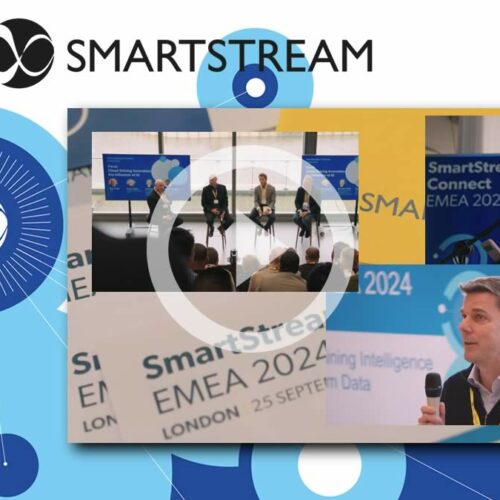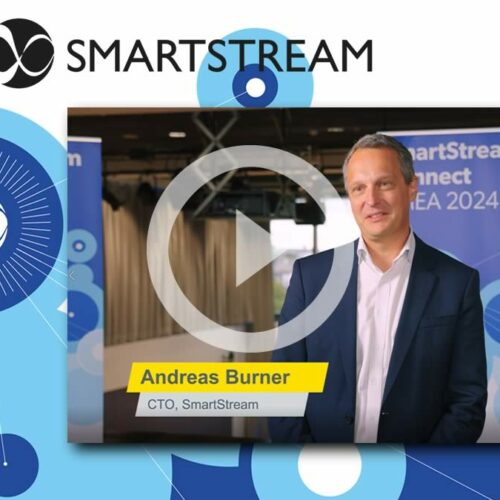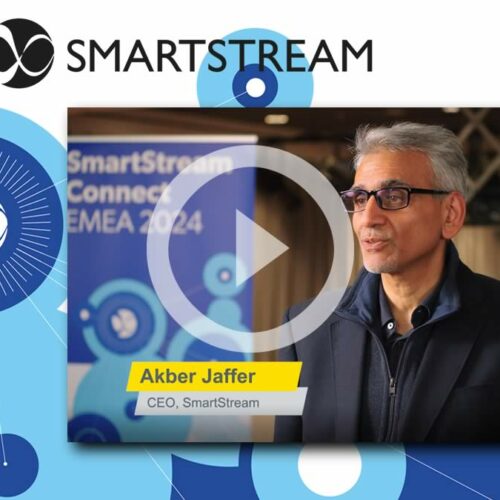Robin Hasson, Product Manager – Reconciliations, SmartStream
With the growing complexity of client money rules, financial firms of all sizes are finding it harder to keep up with CASS (Client Assets Sourcebook) reconciliation requirements. What once took a few hours a week has ballooned into full-time workloads, exposing firms to regulatory, reputational, and operational risks.
If your firm is still handling reconciliations manually, you are already falling behind. CASS 7 and CASS 15 make automation a necessity, not a choice, and how forward-thinking firms can protect themselves while gaining a competitive edge.
What is CASS Reconciliation?
CASS reconciliation is the process of ensuring client funds are accurately tracked, segregated, and protected in line with the FCA’s CASS rules. It ensures:
- Client money protection – safeguarding client assets in case of insolvency.
- Regulatory compliance – meeting CASS 5 and CASS 7 requirements, avoiding fines.
- Transparency and accountability – creating a clear audit trail for regulators.
- Risk mitigation – detecting discrepancies early to prevent fraud or operational error.
- Stronger governance – reinforcing oversight and financial reporting integrity.
Why Firms Are Struggling with CASS 7
For many small to medium firms, manual reconciliations already consume 1–3 hours per day, plus 1–2 extra days per month for monthly checks. Larger firms dedicate 3–5 full-time employees just to stay compliant.
This isn’t just inefficient — it’s risky. The FCA has imposed fines ranging from £99,000 to over £21 million for failures in client money protection. Manual processes leave firms vulnerable to errors, delays, and regulatory sanctions.
Enter CASS 15: The Future of Reconciliation
CASS 15 builds on the foundation of CASS 7 with stricter reconciliation standards, enhanced record-keeping, and faster discrepancy resolution. Expected to be enforced by the end of 2025 or early 2026, CASS 15 will increase scrutiny through:
- Tighter timeframes for reconciliations.
- More frequent audits and reviews.
- Higher accountability for firm leadership.
Firms that haven’t automated by then will face significantly higher compliance costs and risks.
Why Automate Now?
If you haven’t implemented automated CASS reconciliation, you’re already operating at a disadvantage:
- Cost of compliance – manual processes drain staff hours without adding value.
- Competitive disadvantage – automated peers run leaner operations with lower risk.
- Future-proofing – automation ensures readiness for CASS 15’s tighter deadlines.
SmartStream’s Role in CASS Reconciliation
At SmartStream, we know how critical client money protection is — not just for regulators, but for client trust. Our reconciliation solutions help firms:
- Automate daily, monthly, and annual reconciliations.
- Ensure real-time detection of discrepancies.
- Maintain audit-ready transparency.
- Reduce the burden on internal teams, freeing them to focus on higher-value tasks.
Time to Get the House in Order
With CASS 15 looming, automation is no longer optional — it’s essential. Firms that act now will save costs, reduce risks, and safeguard their reputations, while late adopters risk penalties, operational disruption, and client mistrust.
Next Step: Evaluate your current reconciliation process. If it’s still manual, now is the time to automate before the FCA raises the bar further.






